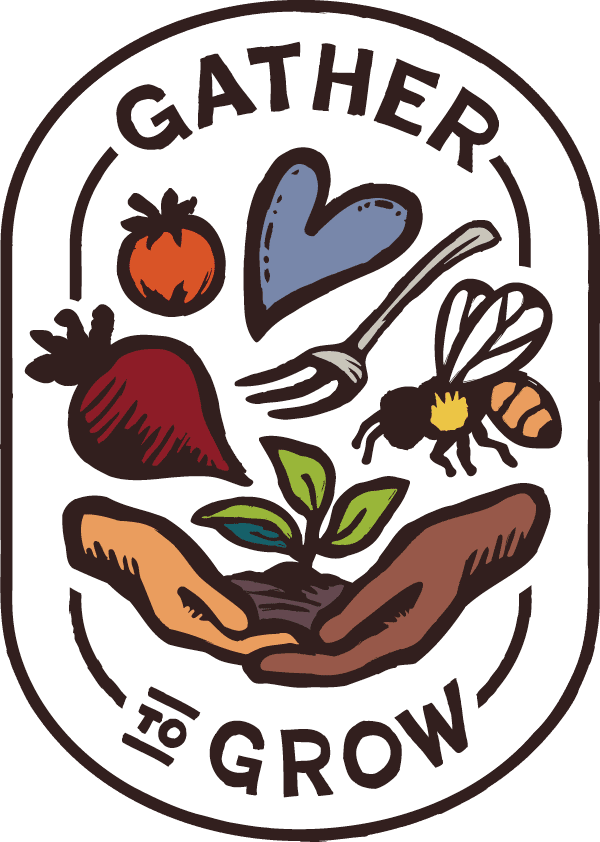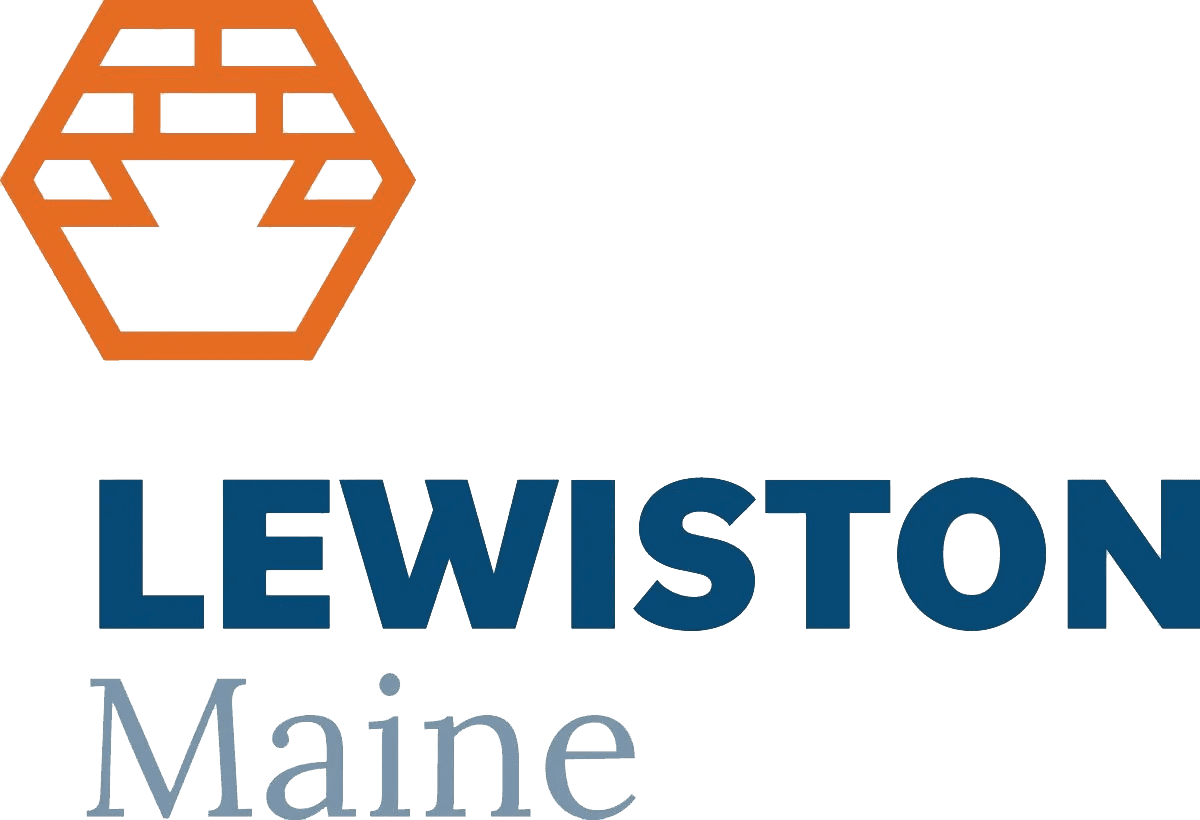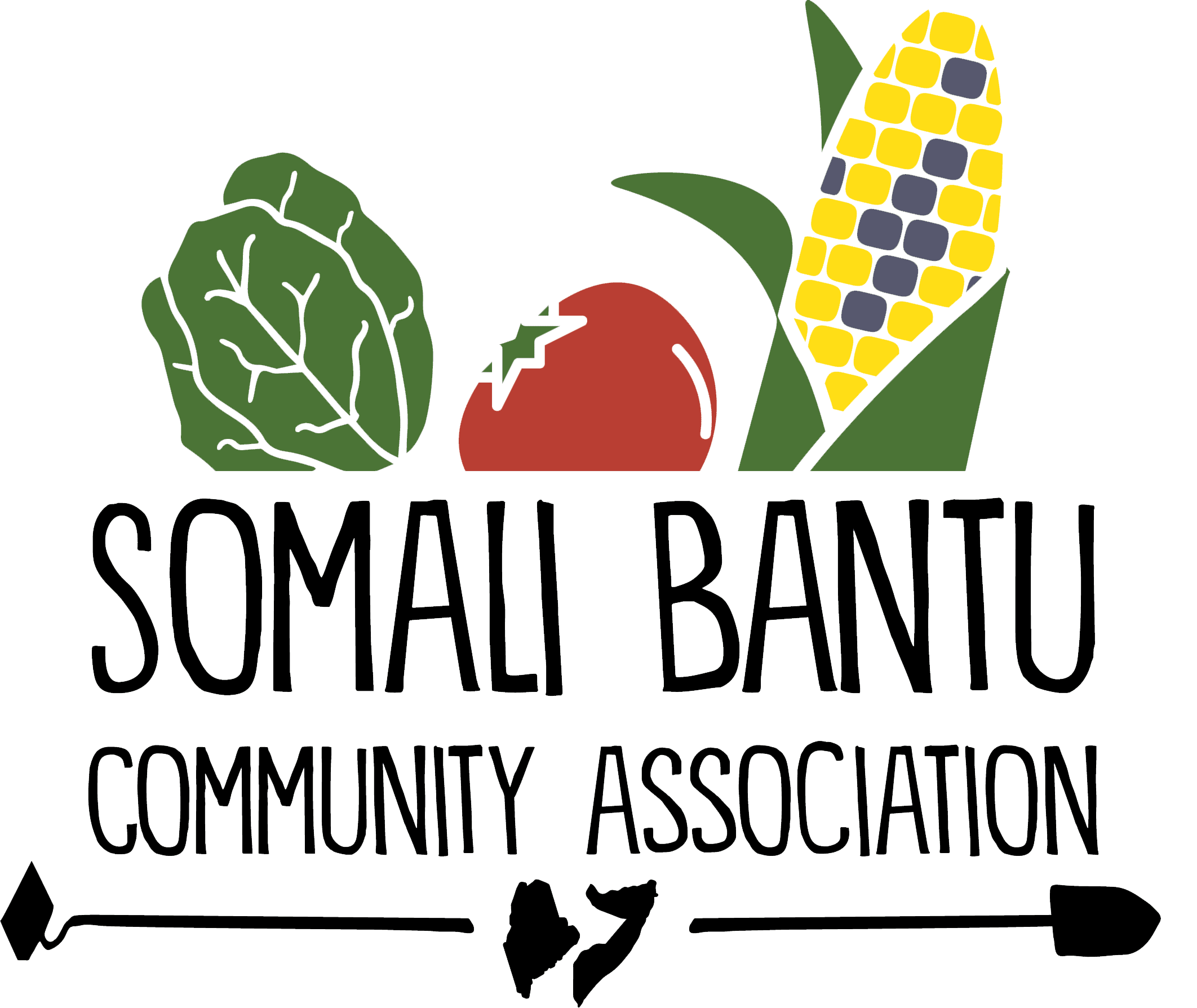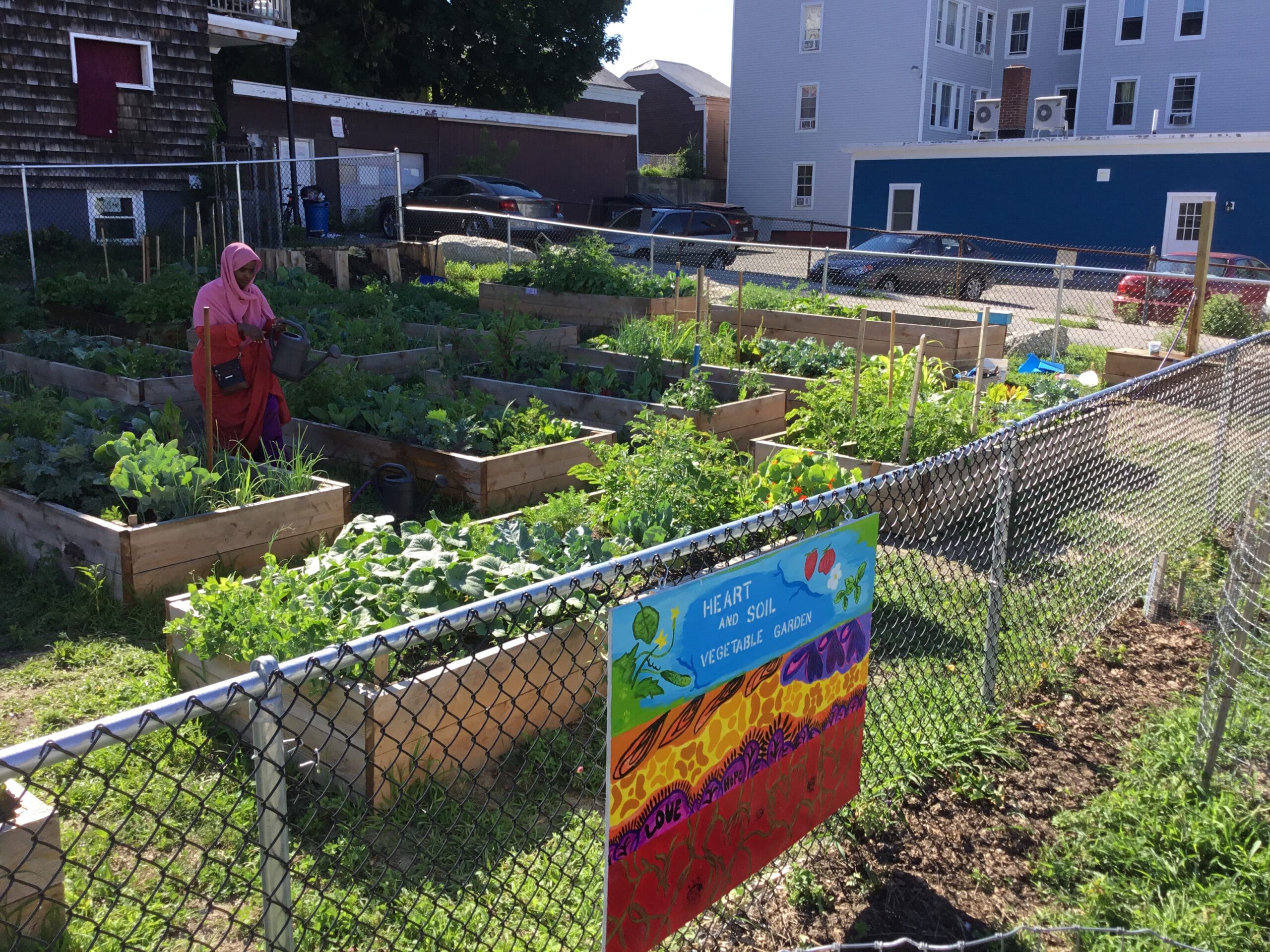
Protect community gardens for the future
Ensure land used for community gardens is more protected long-term
This action appeared in our first plan and continues to yield harvests.
Increase
Increase Land Access and Justice
Strengthen
Strengthen Food Stablity & Economic Growth
Leaders & Supporters of the Work
The Big Why
Lewiston Auburn is home to a network of 12 urban community gardens hosting approximately 200 garden plots, 1 community orchard, 1 youth learning garden and 1 children’s garden. These community gardens support 170 households of primarily low income and from diverse communities in growing food for themselves and their families. This network of gardens and related educational programming and technical assistance is supported and led by the Nutrition Center, having evolved from the first community garden built in 1999. The sites that host the gardens are secured through temporary, generally multi-year, use agreements with key partners such as the City of Lewiston, City of Auburn, the Lewiston Housing Authority and Bates College. Of all the garden sites, no site is either explicitly owned or set aside in trust to ensure future use as a community garden. Community Gardens foster critical cross-cultural community building and engagement, individual empowerment, and deepen connection to land, place and the health of oneself and family. Moreover, they can offer a critical regular supply of food during the height of the growing season helping to minimize the impact of food insecurity. It is imperative that a long term solution is pursued to ensure these vital and vibrant community spaces are secured in perpetuity for growing food and community. Outside of the network of gardens just mentioned, currently there are also learning and healing gardens located at the Auburn YMCA’s Outdoor Education and Learning Center (OLEC). These gardens are owned and secured by the YMCA. The therapeutic garden is run in partnership with the Dempsey Center for Cancer Healing and Hope.
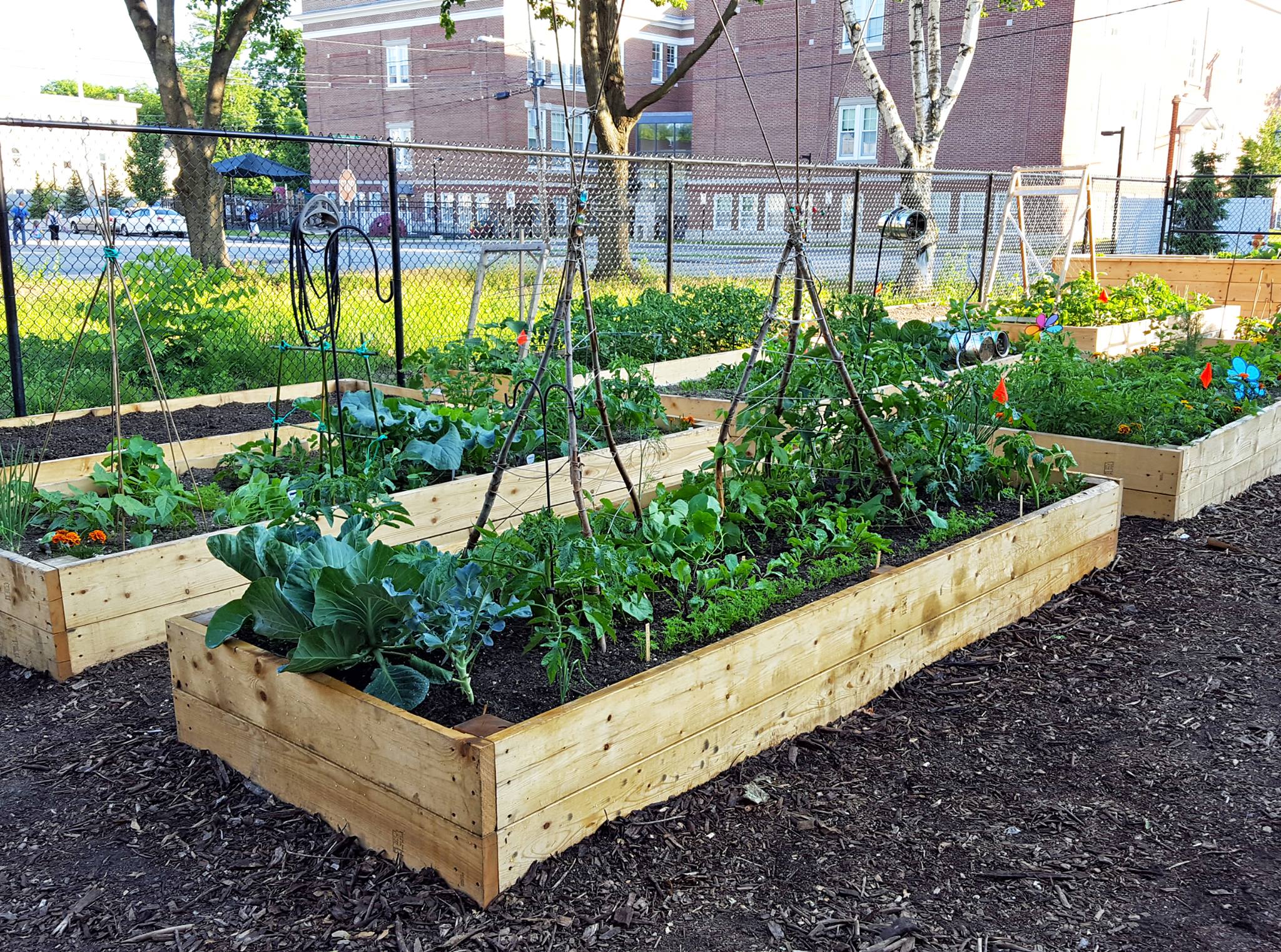
Dig Deeper
Resources & Additional Materials
